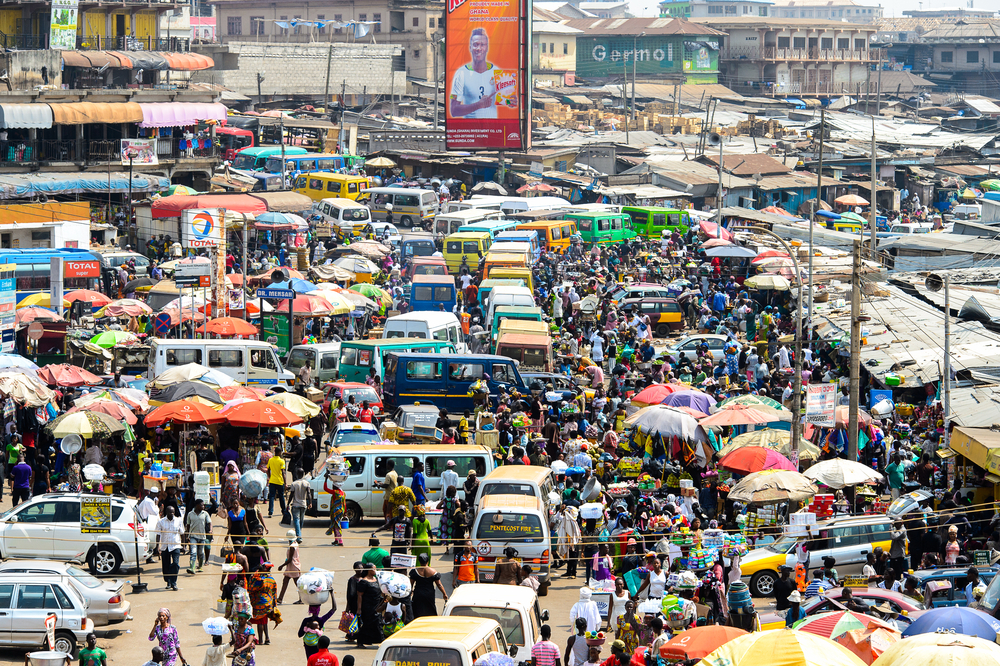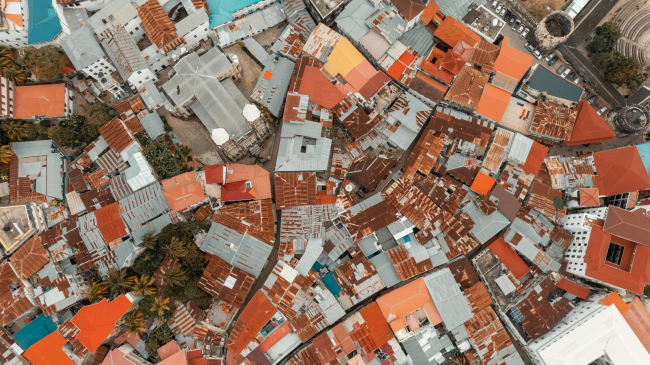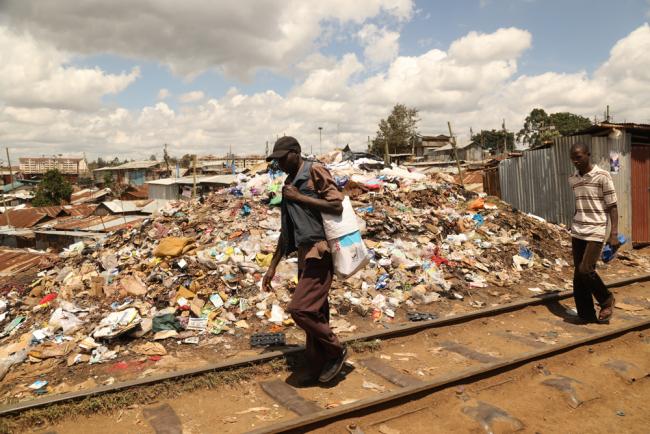
Practical information
Ifri's Sub-Saharan Africa Center is launching a new research program dealing with the major socio-economic and geopolitical challenges of urban dynamics on the continent.

Sub-Saharan Africa's cities are experiencing the fastest growth rates in the world. By 2050, most of the countries in the region will have made an urban transition, meaning that more than 50% of their population will live in urban areas. Urban growth is often presented as a cornerstone of the continent's socio-economic development.
This conference will discuss the challenges of urban governance by addressing the multiple stakeholders involved (municipalities, bi- and multilateral cooperation actors, companies, civil society, etc.), their roles and the policy tools (projects, plans, investments, etc.) implemented: what are the determinating key sectors of urban governance? How can the various initiatives that characterize kaleidoscopic forms of urbanism in Sub-Saharan Africa be coordinated ? To what extent does urban governance, which involves a great deal of foreign funding, represent a field of geopolitical competition?
Program of the seminar
Moderator: Alix Françoise, Research Officer, French Development Agency (AFD)
- Margherita Fadda, Junior Policy Analyst, Sahel and West Africa Club Secretariat (SWAC), Organization for Economic Cooperation and Development (OECD).
- Isabelle Lopez, Business Development Director, Urban Domain, EGIS
- Adama Sarr, Mayor of Keur Massar, Dakar region
- Sina Schlimmer, researcher, coordinator of the research program "Governance of urban transitions in Africa", Ifri
The seminar will be held in a hybrid format.
A simultaneous translation service in French and English will be available.
Click here to see the French version of the event page.
Speakers
Find out more
Governing Cities in Africa. A Panorama of Challenges and Perspectives
By 2050, about 60% of the population of Sub-Saharan Africa will live in urban areas. The governance of the rapid growth of capital and intermediary cities in Africa is one of the priorities of the international development agenda.
Accra et Dakar : environnements pluriels et défis fonciers dans deux villes capitales africaines
Au début du XXe siècle, l’Afrique subsaharienne était urbanisée à moins de 5 %, soit l’équivalent du taux d’urbanisation estimé de l’Europe au Moyen Âge. Les deux villes qui seront l’objet de cette analyse, Accra et Dakar, illustrent cet emballement démographique urbain et tous ses corollaires.
Waste Management and Electricity Generation in Africa: Developing Waste-to-Energy to the Benefit of Sustainable Cities?
With the expansion of modern production and consumption patterns to large African cities, population growth and urbanization, production of municipal waste has risen sharply. Unregulated dumps are becoming numerous and have strong negative health effects by polluting the local environment.

RAMSES 2016. Gouverner les grandes villes africaines
Les grandes villes sont au coeur des dynamiques de croissance économique du continent africain. La croissance urbaine a pourtant rendu leur gestion très complexe. Les défis que les municipalités urbaines doivent affronter sont de grande ampleur, en particulier pour la délivrance des services essentiels...
Other events

Paris Naval Conference 2026: Naval Rearmament and Operations in Contested Waters
This fourth edition of the Paris Naval Conference (CNP), bringing together high-level military, industrial, and academic speakers, will address the challenges associated with general naval rearmament and naval operations in increasingly contested environments.









